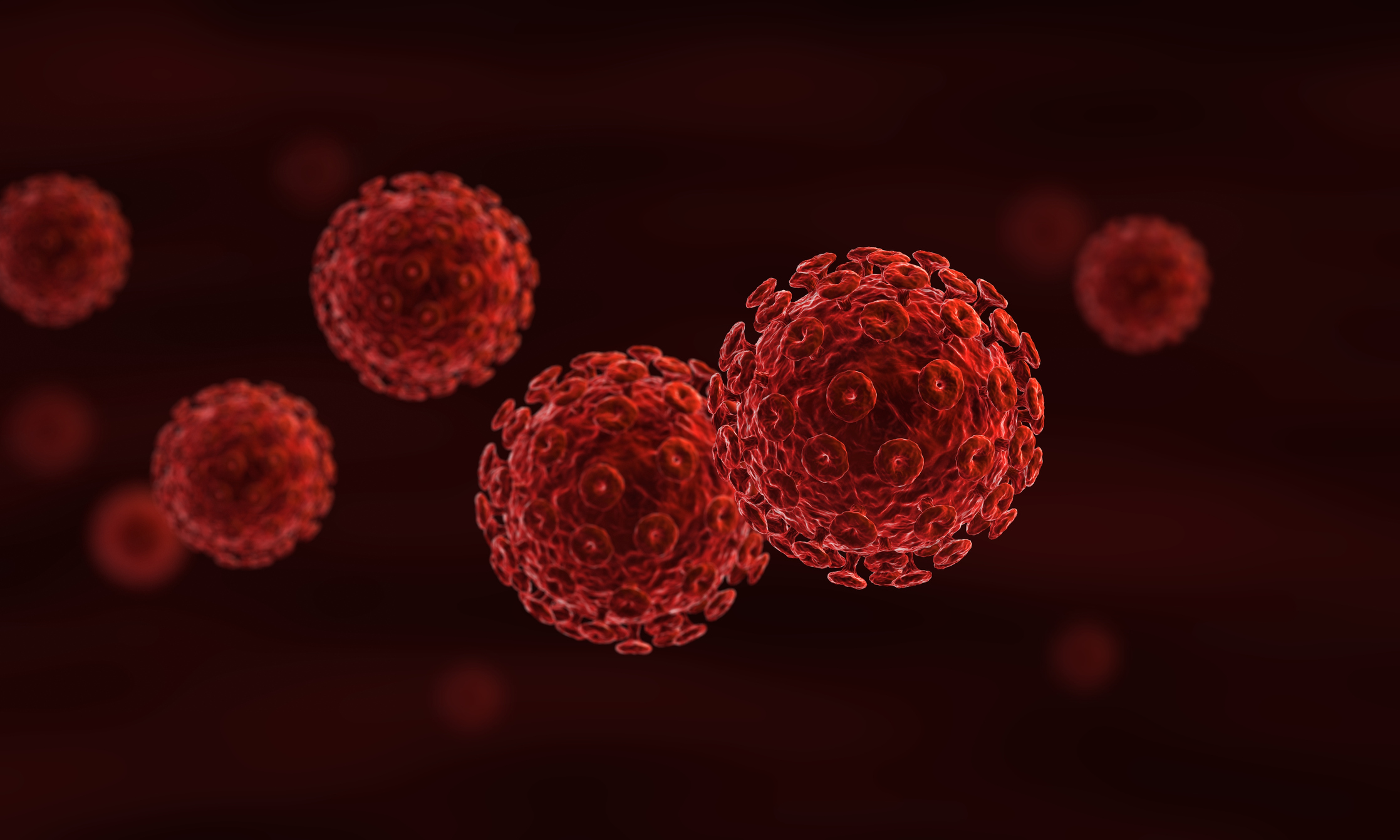This study states that Human adenoviruses (HAdVs) are DNA infections that can cause respiratory illnesses, conjunctivitis, and gastroenteritis (1). Seven species (A–G) and >100 types have been perceived up until this point. Among them, HAdV-E4, HAdV-B7, and HAdV-B14 cause extreme intense respiratory ailment, including serious intense respiratory trouble disorder (2). HAdV-B7d, a genome kind of HAdV-B7, was initially assigned in 1986 utilizing limitation investigation (3) and named genotype B7d based on complete genome examination in 2013 (4). HAdV-B7d was first announced in China in 1980 (3); by the 1990s, HAdV-B7d was the essential coursing genome type in China, yet then it was not identified during 1990–2009. In 2011, HAdV-B7d was common all through Asia, and episodes of newborn child pneumonia identified with HAdV-B7d were accounted for in China.
In Japan, routine public observation for HAdVs is directed for plague keratoconjunctivitis, pharyngeal conjunctival fever, and irresistible gastroenteritis, and detailed in the Infectious Diseases Weekly Report (8). Episodes of HAdV-B7d, including 2 lethal cases, were seen in Japan during 1995–1996 (9), after which it was infrequently distinguished until the event of the case we depict in 2018. In 2014, HAdV-B7d was distinguished in Oregon and Illinois, USA (11,12). During 2016–2017, an aggregate of 12 cases were accounted for, remembering 3 patients for a private recovery community, 7 understudies, and 2 patients at a tertiary consideration medical clinic.
Reference link- https://wwwnc.cdc.gov/eid/article/26/10/19-1538_article


